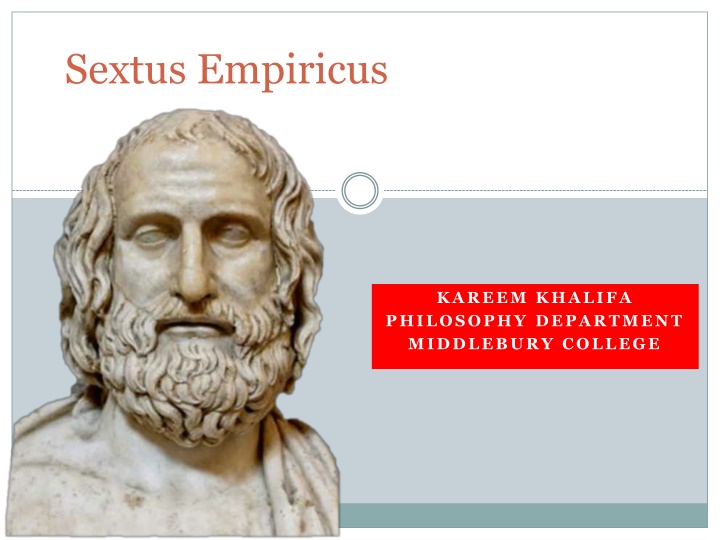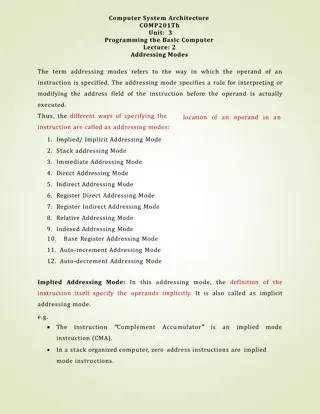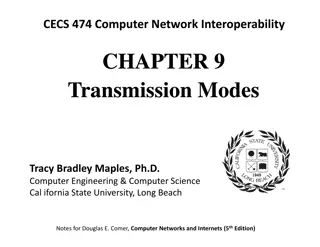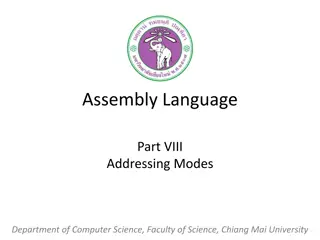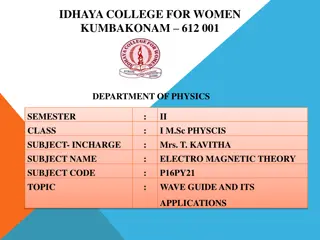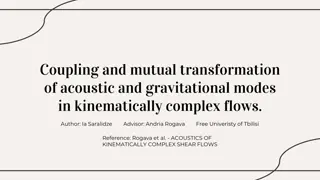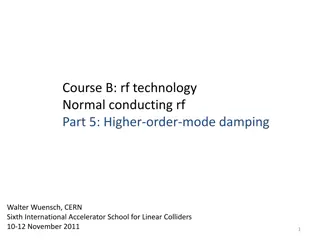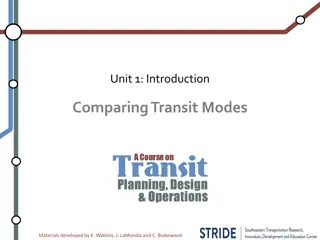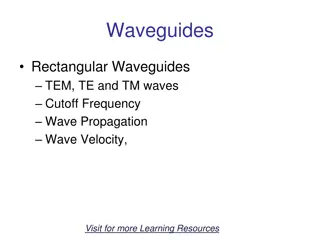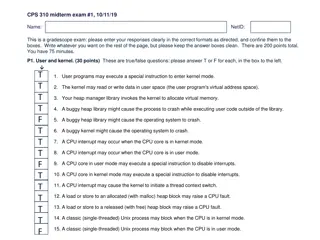Sextus Empiricus: The Five Modes and Agrippa's Trilemma
Delve into the philosophical concepts of Sextus Empiricus, focusing on the Five Modes of skepticism and Agrippa's Trilemma. Explore the essence of belief, standards of skepticism, and the aim of skepticism through a critical lens. Unravel the principles of dispute, relativity, and the challenging concepts presented in the philosophical discourse.
Download Presentation

Please find below an Image/Link to download the presentation.
The content on the website is provided AS IS for your information and personal use only. It may not be sold, licensed, or shared on other websites without obtaining consent from the author.If you encounter any issues during the download, it is possible that the publisher has removed the file from their server.
You are allowed to download the files provided on this website for personal or commercial use, subject to the condition that they are used lawfully. All files are the property of their respective owners.
The content on the website is provided AS IS for your information and personal use only. It may not be sold, licensed, or shared on other websites without obtaining consent from the author.
E N D
Presentation Transcript
Sextus Empiricus KAREEM KHALIFA PHILOSOPHY DEPARTMENT MIDDLEBURY COLLEGE
Overview Background 1. 2. The Five Modes
1. Background 1.1. Belief and appearances 1.2. Standards of skepticism 1.3. Aim of skepticism
2. The Five Modes 2.1. Dispute 2.2. Relativity 2.3. Agrippa s Trilemma
2.1. Dispute D1. Equally good arguments for and against p exist. D2. If equally good arguments for and against p exist, then we should suspend judgment about p. D3. We should suspend judgment about p.
2.2. Relativity 2.2.1. Perspectival Arguments 2.2.2. Objective Arguments
2.2.1. Perspectival Arguments P1. The only way to ascertain which appearances are the objectively correct ones is by appeal to other appearances. P2. Subjects who differ anatomically, perceptually, environmentally, or culturally will not experience the same appearances. P3. There are subjects who differ anatomically, perceptually, environmentally, or culturally. P4. There is no way to ascertain which appearances are the objectively correct ones.
2.2.2. Objective Arguments P1. The only way to ascertain which appearances are the objectively correct ones is by appeal to other appearances. O1. Objects appear differently according to their admixtures, composition, quantity, frequency, and position. O2. ??? P4. There is no way to ascertain which appearances are the objectively correct ones. (S1, O1, O2?)
2.3. Agrippas Trilemma 2.3.1. No Free Lunch 2.3.2. The Set-Up 2.3.3. The Argument
2.3.1. If q is S s justification for believing that p, then S must be justified in believing that q.
2.3.2. Setting up the Trilemma Suppose that you claim to know that p How do you know that p? If q is your justification, then you should answer, Because q However, because there are no free lunches, we must be able to answer the question, How do you that q?
2.3.2. The Three Horns This line of questioning has only three possible outcomes: An infinite regress: I know that p because of q, I know that q because of r A vicious circle: I know that p because of q, I know that q because of p An arbitrary stopping point: I know that p because of q, and I know that q just because. But we don t possess infinite reasons, and neither viciously circular reasoning nor arbitrary stopping points seem to provide justification. Hence we aren t justified in believing in anything!! 1. 2. 3.
2.3.3. The Argument A1. For all S, p, and q, if q is S s justification for believing that p, then S must be justified in believing that q. A2. If A1 is true, then all justification results in an infinite regress, a vicious circle, or stopping at an arbitrary assumption. A3. We cannot possess an infinite chain of justification. A4. Viciously circular reasoning does not provide justification. A5. Stopping at an arbitrary assumption does not provide justification. A6. No belief is justified. (A1-A5)
